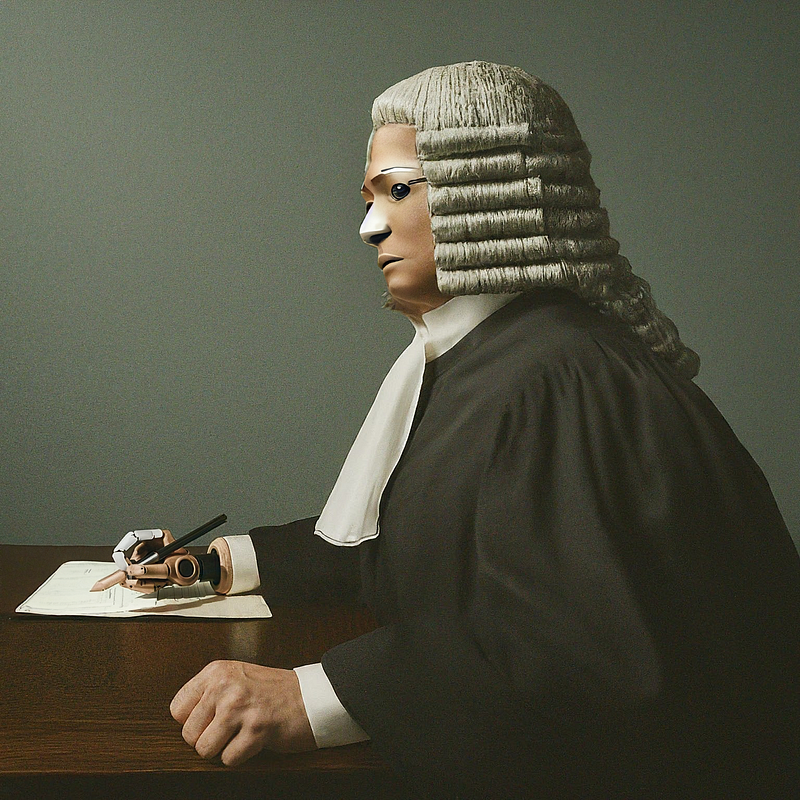Beyond the Illusions of Neutrality & Objectivity:
Authoritarianism, AI, Journalism, and the Politics of Conflict

🎧 Navigating the Illusion of Neutrality: AI, Journalism, and the Politics of Conflict
As artificial intelligence governance and media ethics evolve, the long-held ideal of journalistic objectivity — once epitomized by figures like Walter Cronkite — must give way to a more engaged form of knowledge brokering.
Passive Objectivity Is Over.
In an era of fragmented narratives and competing truths, the challenge is not merely one of providing more facts, explanations, or predictive models but of addressing the absence of a shared interpretive framework. Without a common basis for understanding, the question is not just what we know but how we move forward as a society.
Similarly, as humans, we must confront the limitations of artificial intelligence (AI) regarding the artifice of neutrality. Both AI and human institutions often resist acknowledging the inevitability of conflict, operating under the assumption that harmony can be engineered through perfect information or impartial arbitration; this is a fundamental miscalculation. Human interests are inherently divergent, and societal tensions are not problems to be “solved” but dynamics to be navigated.
This misguided pursuit of neutrality manifests in several ways. In its authoritarian form, it justifies suppression in the name of order; in its technocratic form, it assumes that rational expertise alone can override deep-seated political and cultural divisions; and in journalism, it often disguises power dynamics and moral stakes under a false pretense of objectivity.
Yet all of these approaches share a common flaw: they treat conflict as an aberration rather than an intrinsic feature of democratic life. True stability does not come from erasing conflict but from structuring it, engaging with it, and negotiating power in a way that preserves both liberty and order.
Neutrality as Control, Conflict as Democracy.
Rather than avoiding conflict, artificial intelligence, political technology, and news media must be designed to mediate and structure it — just as James Madison envisioned in The Federalist Papers. Federalist №10 and Federalist №51 offer a critical blueprint for managing factionalism, balancing competing interests, and embedding conflict within a system that prevents any single faction from overwhelming the rest. This Madisonian insight remains just as relevant today: democracy is not about eliminating division but about institutionalizing the mechanisms that allow it to coexist with stability.
AI and journalism must evolve beyond their reluctance to acknowledge conflict, moving away from the illusion of neutrality and toward a more honest engagement with the realities of power, factionalism, and political negotiation.
Liberty without order is chaos; order without liberty is tyranny. Democracy lives between these extremes.
A functioning democracy is not one without conflict — it refuses to suppress it while ensuring it does not become destructive. This balancing act reflects the principle of Ordered Liberty — a framework in which individual freedoms are protected within a structure that sustains social order and democratic integrity.
Justice Benjamin Cardozo, in Palko v. Connecticut (1937), introduced the concept of ‘ordered liberty,’ asserting that fundamental rights exist within a framework of societal order. This principle underscores that while liberty is essential, its preservation requires a structure that upholds both individual freedoms and the public good.
Alexis de Tocqueville also noted that democratic vitality stems from the tension between individualism and collective responsibility, warning that suppressing difference leads to apathy or the “tyranny of the majority.”
In his influential work, “Democracy in America,” de Tocqueville explains “tyranny of the majority” as a situation where the majority’s unchecked power in a democracy can lead to the suppression of minority rights and opinions, effectively creating a form of oppression that undermines the very principles of freedom and equality.
In the United States, democracy isn’t about eliminating conflict but about managing it constructively. Disagreement is natural and even essential in a free society.


